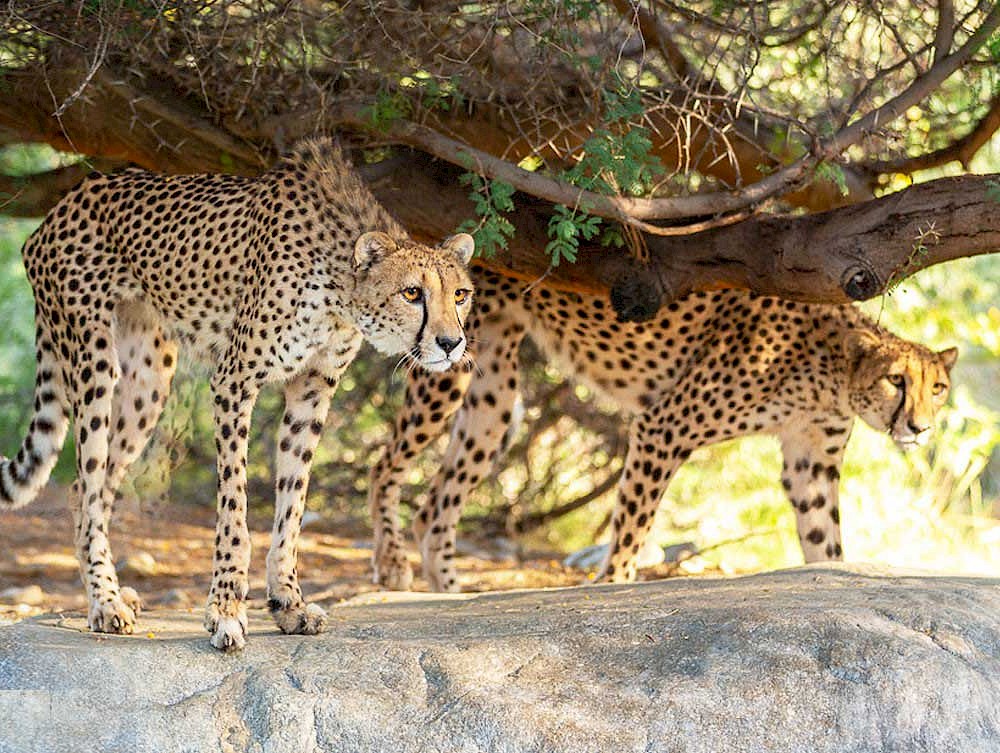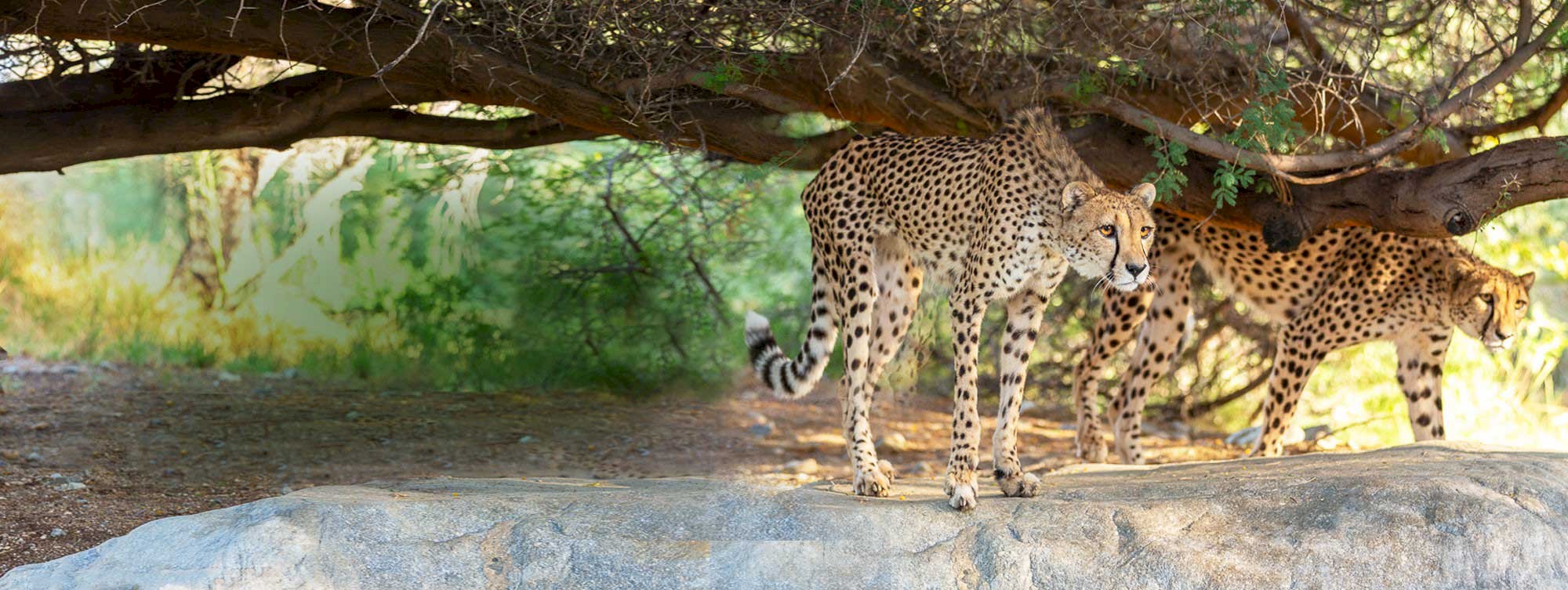Cetacean Conservation with JDB: Day 2
December 18, 2018
Can’t We All Just Get Along?
When it comes to conserving endangered species, we all agree, but we also do not agree.
We agree on the long-term goal – that of conserving endangered small cetaceans (vaquita, dolphins, and relatives). Everyone agrees at the Ex Situ Options for Cetacean Conservation workshop here in Nuremberg, Germany that we need to act with alacrity and decisiveness on behalf of these vanishing species.
Sadly, all of the seven species of small cetaceans that we are using as focal points for our discussion are declining. Some dramatically and quickly and the rest were doing so slowly, but steadily. In all cases, the declines are due mostly because they are entangled in gill nets as unintended bycatch (as is the reason why vaquita are declining), but secondarily due to habitat degradation for all, and direct hunting to very few species.
However, almost no one here agrees on the specifics of how we should do so. I was surprised that there are people here opposed to breeding cetaceans under human care at all, given the title and purpose of the workshop. Others of course, share this sentiment outside of the conservation community. Although this has led to some significant conflicts, the emerging consensus is that we should do so. Ideally, we will do so to help with creating insurance populations that can be used to replenish native species after the threats have been reduced.
Many of us here are focused on the specifics of how and where to do this breeding of animals under human care. It has been really amazing to hear a few of the successful approaches to enhancing populations under lightly managed settings. For example, the Yangtze finless porpoise has grown dramatically in a population that was created in an enormous (oxbow lake that was separated nearby from the Yangtze River as the flow increased and the river was channelized. In this great success story, fishing was reduced and shipping collisions are avoided, allowing the population there to increase really quickly. There was another wonderful project that is being built that will be a natural sea pen in a netted-off cove in Iceland to be a beluga refuge.
A point of great contention has been whether cetaceans in conservation breeding efforts should be brought into entertainment enterprises. Garnering funds to make a breeding effort possible is always hard, and largely relies upon donations or grants. People disagree on whether charging admission to the facilities is acceptable but they can help defray the very real costs of doing this work.
All seem to agree that having cetaceans bred for conservation should not be trained for shows or tricks. This is a conservation effort after all, and we want to ensure that the animals could be reintroduced back into the wild. Shows, and the intensive training necessary, could make the animals unable to release because they will have unnatural relationships to humans.
Last, my collaborators and I continue to emphasize the important, and unfortunately frequently overlooked, role that local people should play here. Local people clearly need to be consulted in resolving the threats facing nearby cetaceans. Usually local fishing techniques are the lead reason why the cetaceans are declining, and fishers need to be a part of working to identify better techniques. These improvement need to also benefit the fishers, not just the animals.
Similarly, local knowledge and expertise on data collections of sightings and important cultural perspectives provides essential information. How successful we are in collaborating with local people to rapidly address threats to the wild populations determines how long we need to rear the animals, and how we can best release the animals to the wild. Importantly, all these components provide local employment opportunities, one of the best ways to build local support for conservation.
In any case, we represent a great diversity of perspectives, many of which directly conflict. Nonetheless, we all are deeply committed to working together to conserve cetaceans. I am a bit anxious that we’ll come to a consensus going forward, but am hopeful that we will. Fingers crossed…









